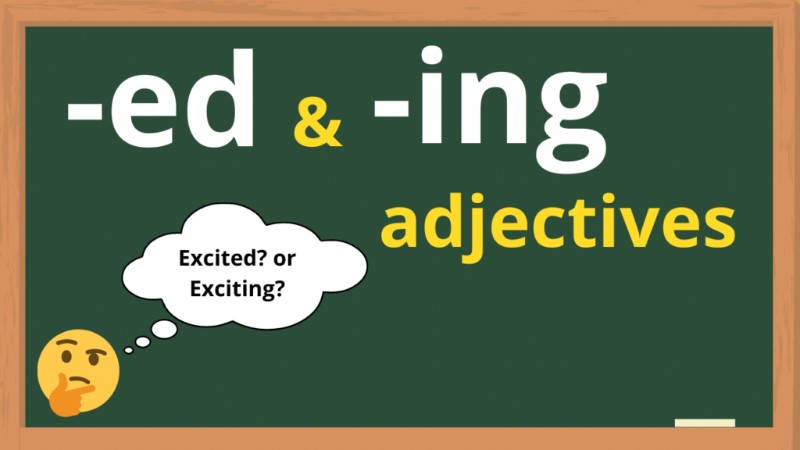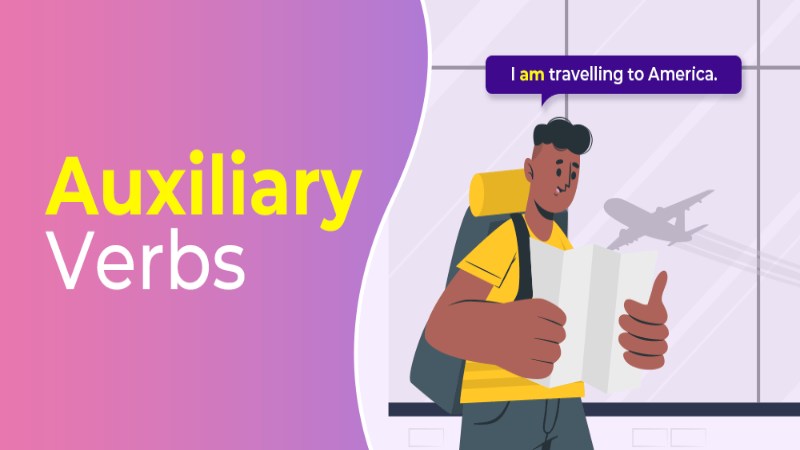
很多形容词都是由动词字尾加 -ing 或-ed 组成的。它们被称为分词形容词,它们采用动词的现在分词 ( -ing ) 和过去分词 (-ed) 的形式。
单词结尾是 -ed 的形容词
-ed 形容词用来描述我们的感受。请看以下范例:
They’re tired. 他们累了。
I’m bored. Let’s play basketball. 我很无聊。让我们打篮球吧。
I was surprised to see Tom. 见到汤姆我很惊讶。
单词结尾是 -ing 的形容词
-ing 形容词用来谈论产生这些感觉的事物。如以下范例:
Climbing is very tiring. 爬山很累。
This show is very boring. Let’s go home. 这个节目很无聊。我们回家吧。
His visit was very surprising. We weren’t expecting him. 他的访问非常令人惊讶。我们没料到他会来。
一些常用的来自动词的形容词
| 动词 | 现在分词 | 过去分词 |
| amaze | amazing | amazed |
| amuse | amusing | amused |
| annoy | annoying | annoyed |
| astonish | astonishing | astonished |
| bore | boring | bored |
| confuse | confusing | confused |
| depress | depressing | depressed |
| devastate | devastating | devastated |
| disappoint | disappointing | disappointed |
| embarrass | embarrassing | embarrassed |
| excite | exciting | excited |
| frighten | frightening | frightened |
| interest | interesting | interested |
| irritate | irritating | irritated |
| shock | shocking | shocked |
| surprise | surprising | surprised |
| terrify | terrifying | terrified |
| tire | tiring | tired |
| worry | worrying | worried |
来自动词的形容词 -ed/-ing – 练习题



Comments